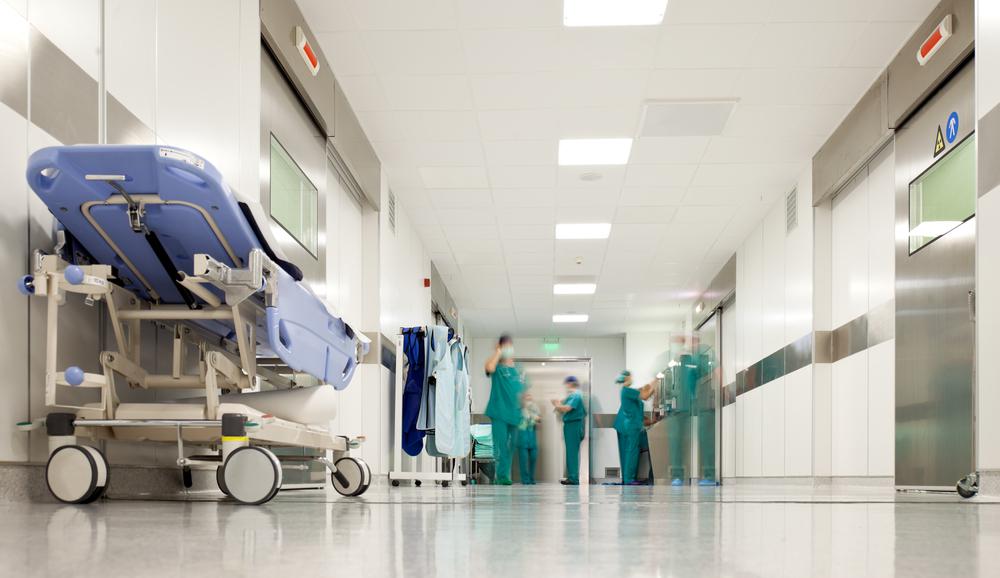In 2005, the Violence Against Women Act was amended to provide free medical forensic exams to sexual assault victims who go to the hospital—whether or not they choose to file a police report. These exams—often known as SANE exams, or rape kits—are essential tools for medical and legal professionals to collect evidence of sexual assault and assess the physical effects of the crime. But throughout Louisiana, as Rebecca Catalanello of NOLA.com and The Times-Picayune reported yesterday, rape victims are still returning from the ER with medical bills totaling in the thousands of dollars. The exorbitant price tag for showing up at the hospital as a rape victim may point to some hospitals’ failure to follow the letter of the law—but it also speaks to the limitations of VAWA itself.
VAWA’s provision, as Catalanello reports, covers costs related to “an examination of physical trauma, a determination of penetration or force, a patient interview and collection of evidence.” What it doesn’t necessarily cover are all the other procedures typically offered alongside the exam, like tests for pregnancy and STIs, emergency contraception, post-exposure prophylaxis for HIV, or treatment for injuries sustained during the attack. Some Louisiana victims who spoke with Catalanello said they were even billed for the cost of the emergency room visit itself; others say that it was never explained to them that while some portions of the process were free, others were costly: One victim was shocked to get a bill for $600 to cover her share of HIV drugs and another $860 for the ER visit. It doesn’t help for the state to cover the cost of the victim’s rape kit if she has to pay just to show up. And while Louisiana ostensibly offers reimbursement for these associated costs to assault victims, “the victims have to file a police report,” Catalanello writes. “They can’t have had any felonies in the past five years. They can’t have behaved in a way that, in the opinion of the board, ‘contributed to the crime.’ They can’t have been involved in other illegal activity at the time they were victimized. Statistically, that closes out a lot of people.”
Paying for the forensic examination of rape victims is the least that the government can do. As one advocate told Catalanello, victims of burglaries don’t have to pay the cops to take fingerprints of their homes. But it’s in the government’s best interest to offer rape victims additional assistance here. It’s difficult enough to convince victims of rape to submit to a forensic exam at all—this particular investigation plays out on the victim’s body, and it is both invasive and time consuming. So if victims expect that they’ll need to pay up for certain elements of the exam (like appearing in the ER, or finding out if they’ve contracted an STI), they may be far less likely to report at all.
The degree of funding offered to cover rape victims’ ER visits varies by state and hospital. In April, the Urban Institute completed a comprehensive study of how states are coming into compliance with the changes to VAWA, and found that state coverage of the exams “often includes facilities, fees, emergency room triage, emergency room doctor fees, SANEs’ fees, colposcopy and endoscopy, and other photographic imaging.” (Often is the operative word here, and may even be an overstatement, as evidenced by the stories of the Louisiana victims.) The six states that the Urban Institute used as case studies for the report (the study doesn’t name the states) all covered testing for pregnancy and STIs, but only five covered emergency contraception, and only two covered prophylaxis for HIV (one only “under certain circumstances”). Whether or not a victim’s ambulance fees or drug testing is covered also varies. In one state, the report found, “testing for drug-facilitated rape requires approval from a prosecutor in order to be covered by the designated payer.” That means that when a rape victim reports to the hospital concerned that she may have been administered a date-rape drug, she’ll need to wait for a prosecutor to tell her if she has to pay for the test to find out herself. By that time, the drugs may have already passed through her system, and the evidence would have been lost. Law enforcement should want to collect this evidence as soon as possible, not haggle over its cost.
In Louisiana, at least, Catalanello’s report has already spurred local lawmakers to advocate for the state to go above and beyond the bounds of VAWA. “I had no idea that was happening,” state representative Helena Moreno told Catalanello. “Talk about being traumatized twice.”
